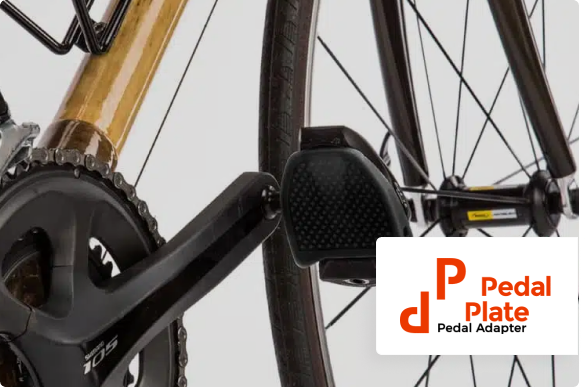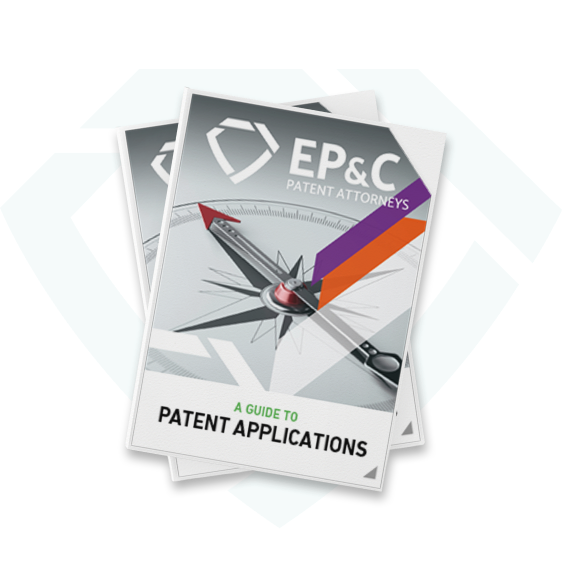The strategic approach to IP protection
At EP&C, we go beyond patent protection. We work with you to build strategies that safeguard your ideas and help them thrive in the market. Every innovation has a unique story and we’re here to protect yours.

Advancing ideas, protecting futures
Since 1939, EP&C have been a trusted partner in protecting and advancing innovations. For us, success demands more than just patents - you must understand the competition, market demand and execute the right business plan.
We offer honest advice in clear language to dig deep into your vision. When you have an idea, we move fast to protect it.
Some of our clients




Need help now?
I want to protect my innovation
Whether you have a technical solution, unique design or creative work, we help you build the best strategy to protect your innovation. Learn more about patent options and when secrecy might be your best bet.
I’m being copied
Is your product being copied? Before you take action, discover the first steps to protect your business and tackle copycats without risking costly mistakes.
I need insight
Patent databases contain a wealth of knowledge. Do you want to know where your competitor's focus lies, or are you looking for an ingenious technical solution? Patent searches can help you move forward.
Featured
SUCCESS STORY
Pedal Plate: strategic moves to protect against copycats


FREE DOWNLOAD
The complete guide to patent applications [eBook]
85+ years as a trusted partner in protecting and advancing innovations
> 14.000 active IP rights under management in 2024 for our clients
6 offices throughout Belgium and the Netherlands
PATENT HIGHLIGHT
Somnox: well-rested protection

What our customers say about us
Innovative patents that drive our success
“Our Patent Attorney Mark Jolink has a great deal of technical knowledge and that has been helpful for us. He provides a good link between the technology and the way you put this into words in a patent. That's a whole different language in itself!”

Saskia Tersteeg
Time-travelling Milkman

Helpful and friendly - streamlined patent creation with expert guidance
“Before contacting EP&C, I spoke to a number of one-man bands, but they did not have the power to exchange knowledge with fellow patent attorneys. At EP&C, they focused on the opportunities.”

Marc van der Heide
Pedal Plate
A key partner in patent development
"At Huisman, we have been working with EP&C for many years. By involving them early on, we ensure our ideas are well protected and gain valuable input to further improve them."

Marc Brinkman
Huisman

















